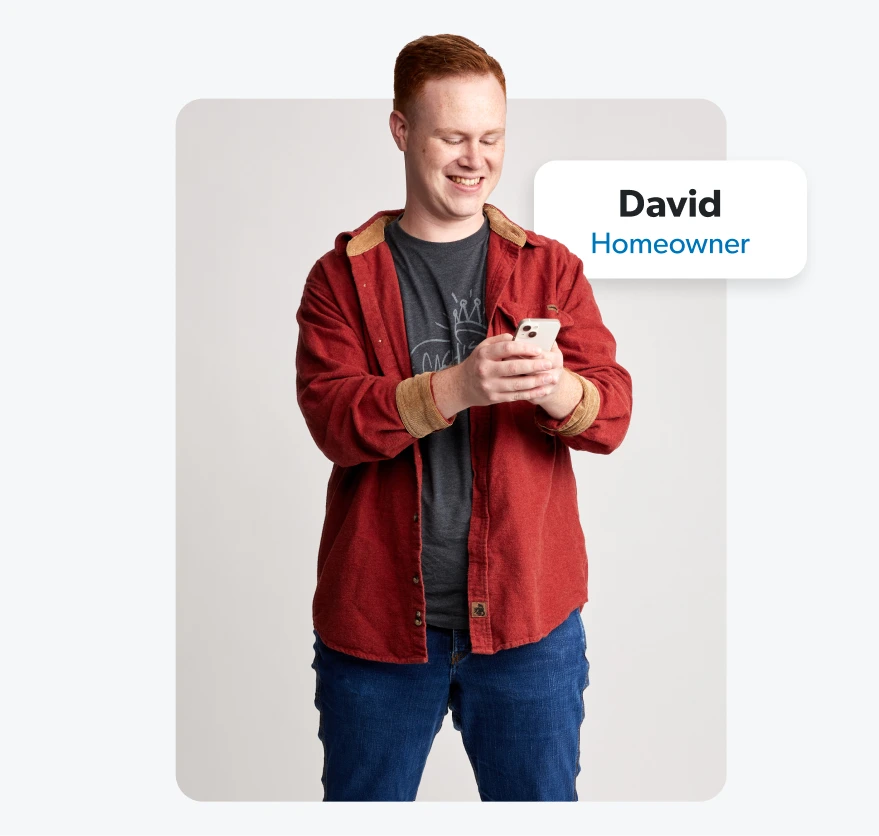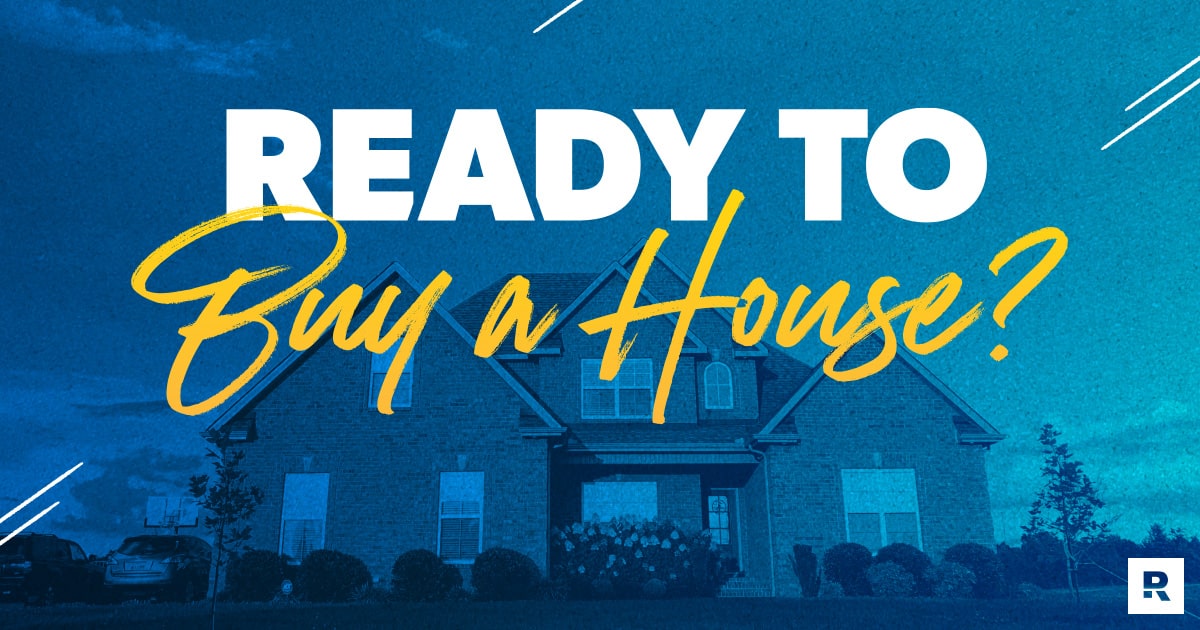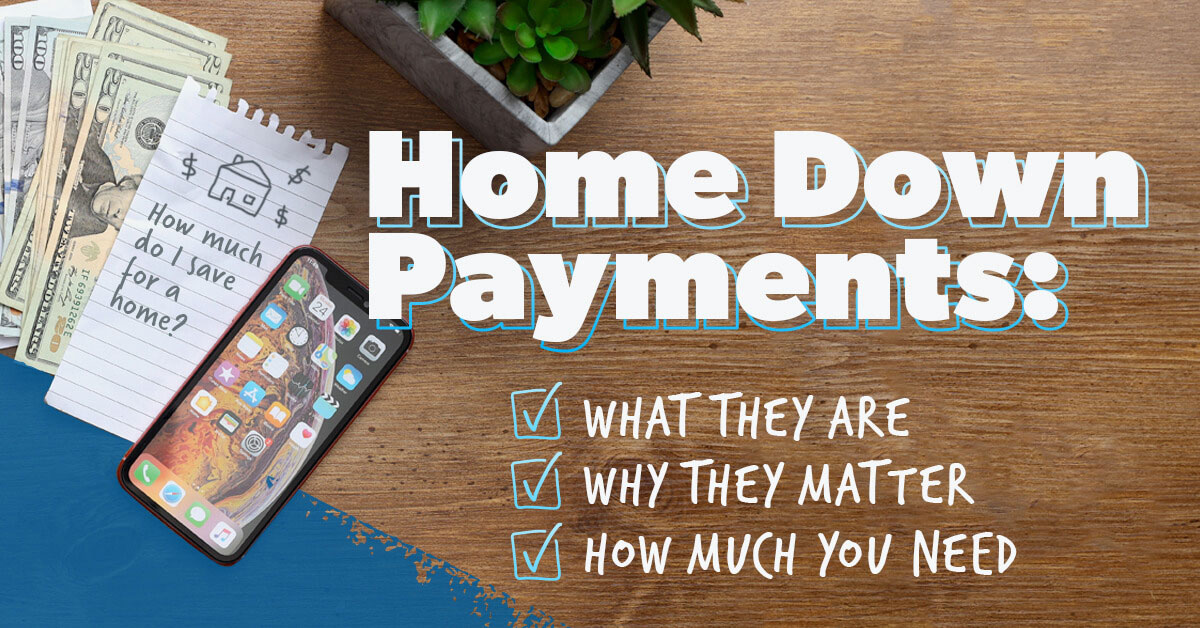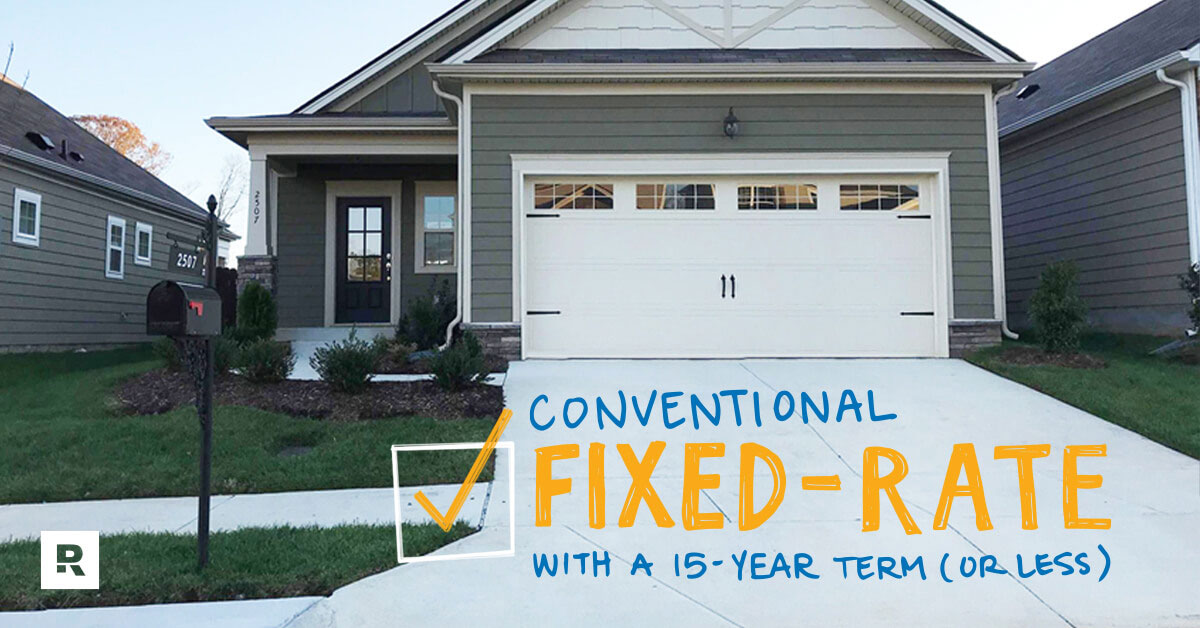
“Churchill Mortgage was so easy to work with. I did all of it online, had a couple of phone calls and a mobile notary. It was so easy."
Teresa and Dan ⭐⭐⭐⭐⭐
Get preapproved with Churchill Mortgage. They’ll simplify the lending process and keep your best interests in mind.







Churchill is a private lender that shares Dave Ramsey’s financial values—that’s why they’ve been RamseyTrusted® for over 30 years. They’ll help you get the right mortgage so you can become a debt-free homeowner faster.


It’s “normal” for lenders to approve people for more house than they can afford—keeping them stuck making payments for decades. At Ramsey, we say, “Normal is broke—be weird!” Weird people pay off their house. Churchill shows you how—by helping you get a mortgage you can actually afford. That’s what makes them RamseyTrusted.

“Churchill Mortgage was so easy to work with. I did all of it online, had a couple of phone calls and a mobile notary. It was so easy."
Teresa and Dan ⭐⭐⭐⭐⭐

“I had heard them recommended on The Ramsey Show podcast for years. I called and they were able to provide a good interest rate and closing costs, so the math worked to refinance through them.”
Steven ⭐⭐⭐⭐⭐

“We contacted Churchill Mortgage to get more information about refinancing our mortgage loan. After sharing our situation with one of their specialists, they advised us that a refi wasn't worthwhile because our mortgage wasn't that large at the time. They encouraged us to make extra payments and we ended up paying our mortgage off seven years early!”
Andrew and Tammi

“I would recommend Churchill mortgage to ANYONE. My daughter, 26 years old, is working hard to get her 20% down payment for her first house. It's only a matter of time before Churchill will be helping her get the keys to her new home.”
Amber ⭐⭐⭐⭐⭐

“We had tried to use a couple of different mortgage companies that we had connections with, but every time we brought up my wife's no-credit score we were told 'Just get a credit card for a few months, that'll help.' Churchill walked us through everything we needed to get not just the right mortgage, but the one we could afford and helped us stay on plan–they even coached us on NOT borrowing more than we had stipulated even if we technically could swing it on a few properties in the process.”
David ⭐⭐⭐⭐⭐

Wondering if you’re ready to buy a house? That’s a smart question to ask before making one of the largest financial decisions of your life. Here are the top things to consider.

A down payment is your stake in the ground, your first leap into homeownership. So how much should you put down? Are larger down payments always better?

A bad mortgage could wreck your finances!
Churchill Mortgage does things differently than your average mortgage company. For over 30 years, their mission has been to help give you the smartest path for homeownership—regardless of your starting point. Simply put, they provide a mortgage that gives you more power, clarity and peace.
Nope—you don’t need a credit score to get a mortgage. If you’ve lived debt-free and don’t have a score, you can still qualify through manual underwriting. Our friends at Churchill Mortgage specialize in this and look at your real financial picture—like your income, savings and payment history. Just remember: No credit isn’t the same as bad credit. If your score is low, focus on getting out of debt and building an emergency fund before you buy a house.
Understanding you and your specific home loan goals should be top priority for any mortgage company. Churchill’s process focuses on you and includes:
The documents needed to apply for a mortgage include (but are not limited to):
Churchill offers a variety of home loan options—including conventional, FHA, VA, USDA, jumbo and no-credit-score loans. At Ramsey, we recommend sticking with a 15-year fixed-rate conventional loan with a monthly mortgage payment that’s no more than 25% of your take-home pay. It’s the most affordable option—and it keeps you from biting off more mortgage than you can chew. Ideally, aim for a 20% down payment so you can skip private mortgage insurance (PMI). But if you’re a first-time home buyer, it’s okay to start with 5–10% while you work toward stronger footing.
Preapproved is good, but certified is the best. Becoming a Churchill Certified Home Buyer is the gold standard and positions you almost as if you are offering cash for a home. Not only does this help you shop for your new home with more confidence, but we’re also finding offers are getting accepted more quickly and clients can close on their home sooner. When competition is high, it’s important to present the most trustworthy offer by becoming a Churchill Certified Home Buyer.
Mortgage rates fluctuate often, which is why protecting yourself with Churchill’s Rate Secured program is so important. Have peace of mind that you are receiving the lowest possible rate.
It’s a quick-and-dirty calculation that lets you know roughly how much mortgage you’d be approved for. Here’s what it’s not: It’s not a step toward getting approved for a mortgage. Why not? Because all you need to do to be prequalified is share some financial numbers (real or fake) with a lender who can let you know if you’re pre-qualified. So while it’s an essential first step, don’t let your prequalification mislead you into months of research and high hopes, only to have those dreams dashed against the reality of the hard numbers.
A standard preapproval is a step beyond prequalification. Submitting your financial documents for your lender to review means this step takes a little more time. But doing the math is worth it because you’ll be able to see what you can truly afford before you start looking for a house. Notice that pre in front of approval? It’s there to remind you that even if you get it, a mortgage underwriter hasn’t reviewed your file yet. To reach the best long-run outcomes for your money, there are two guidelines to keep in mind as you head into the mortgage process: Put at least 10% down (20% is even better because it lets you avoid Private Mortgage Insurance), and make sure your monthly payments are 25% or less of your take-home pay. Have those amounts worked out before house hunting, so you don’t get lured into a house outside your comfort zone. Just because you’re approved for a big loan doesn’t mean you can afford it.
Many mortgage lenders hold money that you’ve paid in an escrow account to cover three things: Your property taxes, homeowners insurance, and in some instances even your homeowners association (HOA) fees. We compare an escrow to a referee in a football game—the neutral third party who takes no sides and makes sure everyone is following the rules until the game is over. The goal of an escrow account is to make your life as a homeowner as easy as possible. So how does it work? Your lender will first calculate how much your property taxes and homeowners insurance premiums are for the entire year. Next, they’ll divide the total by 12 to show how much escrow payment you’ll owe per month. Then each month you’ll pay that amount along with your standard mortgage payment. Your lender will manage the escrow account and submit payments for your property taxes and homeowners insurance when they are due. It’s a great way to allow you to make one mortgage payment a month while saving you the hassle of remembering to make ongoing annual payments for your insurance and property taxes. Be aware that in some states, such as Hawaii and California, escrow is referred to as impounds.